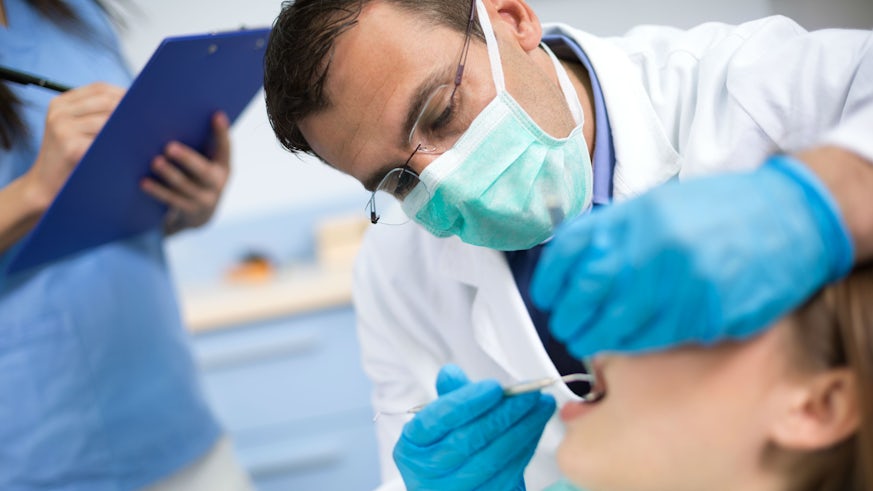Improving dental care
15 May 2018

Dental experts have drawn up a definitive list of scenarios that patients should never face in a bid to ensure excellent patient care worldwide.
The checklist – which was developed in collaboration with researchers at Cardiff University - includes failing to note patients’ allergies and not screening for mouth cancers during check-ups. It is the first international agreement of its type in dentistry and could be a major step forward in improving patient wellbeing across the globe.
The agreed list covers routine assessments as well as surgery and also includes equipment not being sterilised and dentists prescribing the wrong medication to children.
Monitoring these events will allow clinicians to quickly identify serious errors in procedure and could enable health authorities to monitor dentists’ performance, researchers say.
The consensus refers to so-called never events – failures so severe that they should not happen under any circumstances when correct procedures are followed.
Never events for doctors – such as performing surgery on the wrong part of the body or leaving surgical instruments in a patient after an operation – are well-established in medicine. Until now, the same practice has not been widely used in dentistry, with safety guidelines varying throughout the world.
Dr Andrew Carson-Stevens, Clinical Research Fellow at Division of Population Medicine at Cardiff University and Lead for Patient Safety research at PRIME Centre Wales, said: "Never events can result in harrowing, and in some cases disabling, outcomes for patients. Our international panel of experts has identified patient safety priorities that now need action to improve the safety of primary dental care. This will include designing interventions and understanding how best to put preventive measures in place to keep patients safe.”
Project lead, Professor Aziz Sheikh, Director of the University of Edinburgh’s Usher Institute of Population Health Sciences and Informatics, added: “Never events are a vital way to flag failures in procedure that put patient safety at risk.
“By listing a consensus position on never events in dentistry, we hope that regulators and professional bodies will be able to assess the frequency of such events and reduce their occurrence.”
Led by the University of Edinburgh, the checklist is published in the British Dental Journal and was funded by the Mexican National Council for Science and Technology (CONACYT). It was carried out in collaboration with researchers at Cardiff University and King’s College London.
